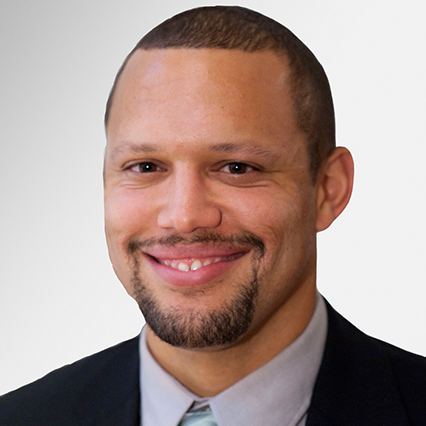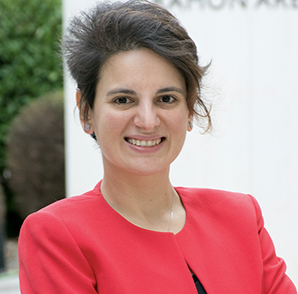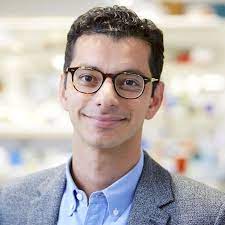ENG Interdisciplinary Team Wins NSF Grant to Create Smart Biosensors

Professors Douglas Densmore (ECE) and Rabia Yazicigil (ECE, CISE faculty affiliate) were awarded a $1.5M grant by the National Science Foundation for project entitled “SemiSynBio-II: Hybrid Bio-Electronic Microfluidic Memory Arrays for Large Scale Testing and Remote Deployment.” Professor Ahmad (Mo) Khalil and Professor Wilson Wong of BME are also Co-PIs on the grant.
The award is for a three-year project aiming to leverage the memory of complex genetic systems in order to create smart biosensors. Bacteria or mamalia cells, living systems, will be able to “remember” things they have seen in their environment. Using these engineered cellular memory elements, Densmore and his team will create smart biosensors. By creating artificial environments using microfluidic devices, the team will then generate custom biological memory elements for those devices. The devices will be equipped with electronic technology that can detect and respond to biological changes. When these devices are in “swarms,” they can collectively act as smart biosensors in the environment.

This proposal pushes past standard techniques only involving recombinase and chromatin-based genetic memories. The memories will be more vigorous, longer lasting, and higher capacity than previously-published elements in the field. Thousands of memories will be created with a highly-automated academic cloud lab that will simultaneously create a modular library of the memory elements. The devices will have custom-designed semiconductor-based electronics that are manufactured to measure biological outputs and use wireless communication to report results and control the microfluidic operations.

The microfluidic and electronic designs and software are going to be open source, and the genetic memory elements will be available to the community through Addgene. Additionally, the circuit design rules will be public via the Nona Research Foundation. There will be more than 48 Boston University undergraduate students mentored during the project period through the STEM Pathways program sponsored by NSF and the BU DAMP Lab rotation program. The academic and industrial community will be engaged through participation in conferences, on-going work with the NSF iCorps program, and Principal Investigator outreach to the biotechnology commercialization ecosystem in the Boston area.

Densmore is the Lead PI on the NSF Expeditions in Computing’s “Living Computing Project”. He is also an NSF CAREER award recipient, founding member of BU’s Biological Design Center, and former Hariri Institute Faculty Fellow. He is currently a senior member of the Association for Computing Machinery (ACM) and IEEE as well as the director of BU’s Design, Automation, Manufacturing, and Prototyping (DAMP) Lab which was used to develop BU’s in-house COVID-19 testing facility.